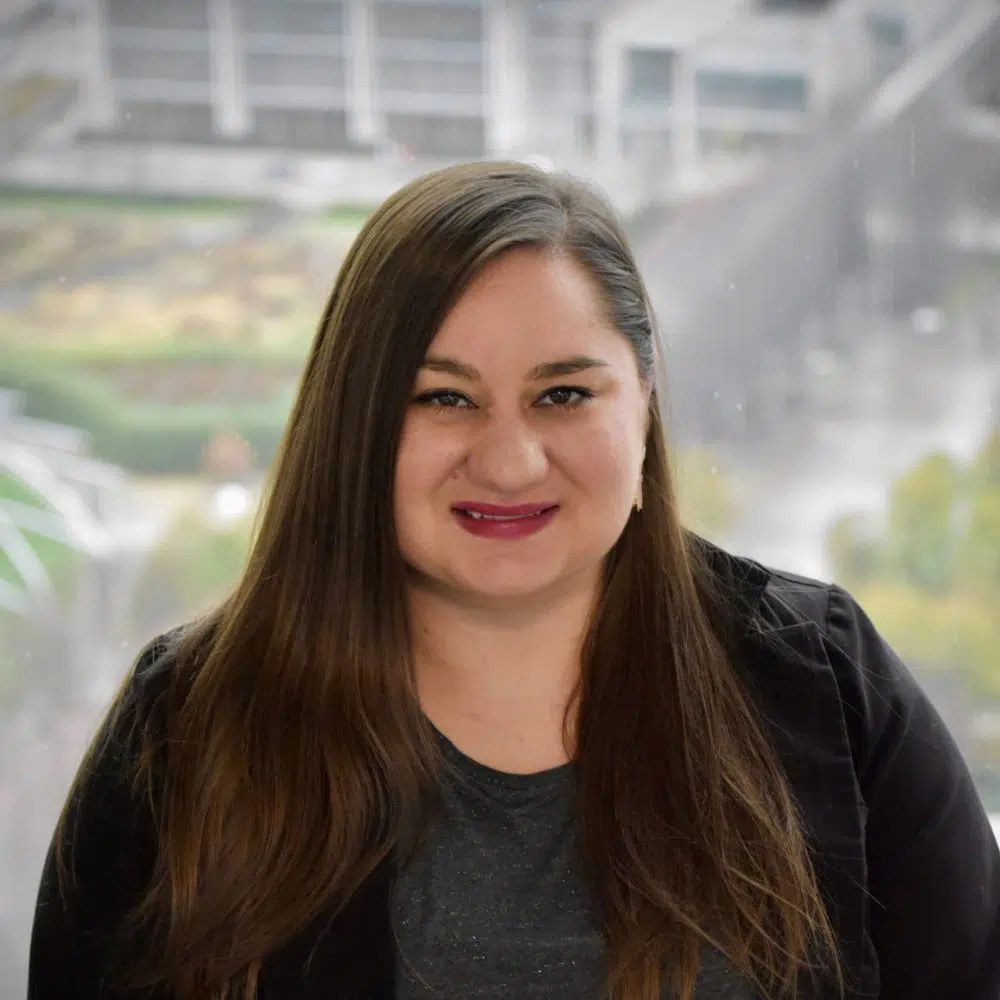Anxiety Counseling Services
The clinicians at Restorative Counseling are here to help you break free from anxiety and live your life uninhibited.
Anxiety is the term used to describe intense, uncontrollable worry; it can also be felt in your body: From a simple headache to gastrointestinal discomfort; from irritability to withdrawal; from muscle tension to sleep difficulties.

Common Types of Anxiety
- Generalized Anxiety – persistent, excessive, unrealistic worry about everyday things.
- Panic Attacks – an abrupt change from clam to anxious state – heart rate, sweating, shaking, feeling faint, etc. – that can be mistaken for a heart attack
- Social Anxiety – marked anxiety about social events or outings for fear of how you will act or be evaluated; this can lead to withdrawal.
- Obsessive-compulsive disorder (OCD) – unwanted and intrusive thoughts (obsessions) compel a person to perform rituals and routines (compulsions) to ease the anxiety.
Whether just one or several of these forms of anxiety resonate with you, we can help you.
Taking the time to learn how to effectively manage your anxiety can help increase calm, sociability, and even productivity.
By offering a safe space to discuss your experiences, Restorative Counseling clinicians help you develop skills to cope with anxiety.

Here’s how we will utilize our strength-based approach to help you manage anxiety:
- Gain deeper insight into the triggers for your anxiety and what has helped you cope thus far.
- Explore what is most important to you and your values to help determine what decisions are best for you.
- Learn to develop realistic habits that will help you take care of yourself physically, socially, and emotionally.
- Utilize your strengths to disrupt thoughts, feelings, and behaviors related to your anxiety symptoms.
- Protect your independence, resilience, and ability to make choices for your overall well being.
What to expect from counseling for anxiety
We create a unique counseling process that is tailored to each person’s strengths and experiences.
Counseling is meant to be a time of self-exploration and growth. Your clinician will tailor treatment to your specific needs based on your goals and what you would like to achieve. Counseling has the potential to be short-term or long-term based on your individual needs.
Sustained progress can be made in as few as 8 weekly sessions, but most people find that they need treatment for a minimum of several months. We encourage you to attend weekly sessions, as this allows you to establish a close working relationship with your clinician and to make progress more quickly. Our hope is for you to reach your goals sooner rather than later so that you can live the life you desire.
Both before and during your first session, you will be asked to provide information about yourself and your reasons for seeking counseling. During the first session, your clinician will briefly review Restorative Counseling’s policies so that you are aware of your rights as a client and can ask any questions you may have. The primary focus of the intake process is to discuss your personal, social, family, and educational history to help give your clinician an overall picture of who you are. Goals for treatment will be discussed and your clinician will provide insight into how they conduct counseling sessions.
In addition to learning about you, the Intake process is a time for you to learn about your clinician. It is important that you feel they are the right fit for your style and needs. We encourage you to ask questions so you can be clear on what to expect from your clinician.
The intake session(s) typically lasts 55-60 minutes.
Working with you, your clinician will help you explore the sources of your difficulties and develop helpful strategies to address your concerns. Your clinician will provide a space for you to identify your strengths and difficulties. You will be empowered to decide what works best for you and what changes you are ready to make.
Ongoing sessions are 45-53 minutes, depending on your insurance plan.
As you move through the counseling process, you and your clinician will discuss your progress. Once it has been decided that you have achieved your goals, you and your clinician will discuss terminating services. These final few sessions will focus on reviewing the progress you have made and how you can continue to maintain these changes moving forward.
Meet our clinicians who offer anxiety counseling services

Stephanie Grunewald, PhD
I am dedicated to exploring the layers of shame, guilt, and fear that have prevented you from living the life you desire.

Katie Jackson-Griffin, LCPC
I am passionate about guiding you to love yourself and build up your resilience to take on all of life’s challenges.

Jordan Meehan, LCSW
I provide a safe environment where you can develop insight into your experiences, behaviors, and relationships, as well as build healthy coping habits, self-care skills, and positive self-regard.
We can help you determine ways to make meaningful change and take back control.
We can incorporate coping strategies to either prevent or mitigate symptoms when they occur. Together, we can help you lessen anxiety while increasing peace, enjoyment, and productivity.
